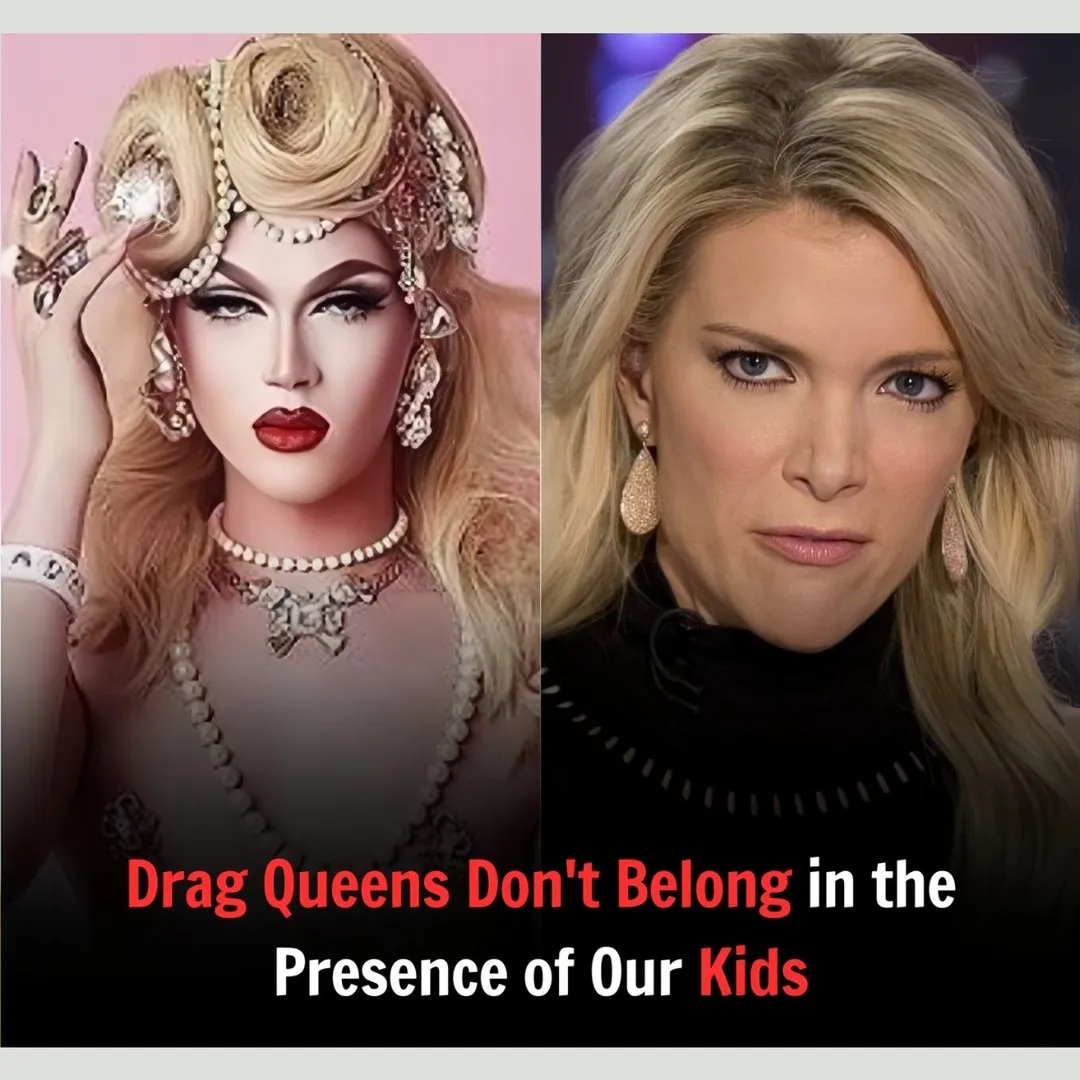
In today’s ever-evolving society, the topic of allowing children to embrace their childhood fully, free from adult pressures or social agendas, has become a prominent discussion. One of the most debated issues is whether children should be exposed to adult concepts like drag performances, which some argue may be too mature for their developing minds. This article aims to explore the importance of letting children be children, allowing them to experience a carefree, innocent childhood, and respecting their right to choose their own paths as adults.
The Essence of Childhood
Childhood is a time of exploration, learning, and imagination. It’s a period where children should be free to play, discover their interests, and build the foundation for their future selves. This phase in life is crucial because it shapes their cognitive, emotional, and social development. Children who are given the freedom to explore their world without the burdens of adult issues grow up to be more emotionally balanced and capable adults.
In many societies, there is an increasing push for children to understand complex issues at a younger age, whether through media, education, or societal influences. While knowledge is important, there is a fine line between educating and overwhelming a child with topics they may not be ready to fully grasp. Drag performances, while an expression of art and identity for many adults, fall into a category of entertainment that may not be entirely appropriate for young children.
Why Childhood Should Be Protected
There are several reasons why children should be allowed to enjoy their childhood without being subjected to adult concepts, such as drag shows or other mature themes. These reasons revolve around their developmental stage, emotional well-being, and the preservation of their innocence.
- Developmental Readiness
Children’s brains are still developing, and they process information differently than adults. At a young age, they are highly impressionable and tend to absorb everything around them without fully understanding the complexities. Concepts like gender fluidity, sexuality, and identity expression are deeply nuanced and require a level of cognitive maturity that children simply do not have yet. Forcing these topics onto children prematurely can lead to confusion and misunderstandings. - Preserving Innocence
Childhood innocence is precious. It’s a time when children should be free from the worries and responsibilities of adulthood. Introducing them to topics that carry adult themes, like drag performances, can disrupt this innocence. While it’s important to foster inclusivity and understanding, there’s a time and place for children to learn about diverse lifestyles and personal expression, and it may be better to introduce these topics when they are emotionally and intellectually ready. - Allowing Freedom of Choice as Adults
Allowing children to grow up without adult pressures ensures that, when they become adults, they have the freedom to explore and make choices based on their own understanding and desires. If, as adults, they wish to embrace a lifestyle that includes drag or any other form of self-expression, it should be their choice, made with full awareness and comprehension. Asserting certain adult practices onto children can blur the lines between what they truly want and what society expects from them. - The Importance of Play and Imagination
One of the key components of childhood is play. Play is how children learn about the world, develop their social skills, and enhance their creativity. Encouraging children to engage in imaginative, free play rather than introducing them to structured adult activities ensures that they have the opportunity to develop organically. Children thrive when they are given the chance to dream and pretend within the bounds of childhood fantasies rather than being influenced by adult realities.
Respecting Individual Expression, But at the Right Time
There is no denying that drag is an important form of self-expression for many within the LGBTQ+ community, and it deserves respect and understanding. However, children should not be expected to engage with or fully comprehend this art form before they are developmentally ready. This does not mean shielding them from diversity or inclusivity; rather, it’s about ensuring that these lessons are introduced in an age-appropriate manner.
Age-appropriate education about acceptance, kindness, and diversity is critical, but this should not include adult-oriented entertainment like drag until the child is ready to understand its deeper meanings. Forcing these concepts on children prematurely can cause unnecessary confusion and could detract from the message of inclusivity by making it feel obligatory rather than a natural part of learning.
Striking the Balance: Educating Without Overwhelming
It is important to strike a balance between educating children about the world around them and overwhelming them with adult topics. Schools, parents, and media outlets have a responsibility to ensure that the content children are exposed to is suitable for their age group.
Instead of rushing them into adult issues, it is better to teach children universal values such as respect, kindness, and empathy. These are foundational traits that will help them accept and understand diversity when they are older. By doing so, children will be better equipped to form their own opinions and identities as they mature.
Conclusion
The idea of “let kids be kids” is not about suppressing diversity or denying the reality of different lifestyles; it is about ensuring that children are given the space to grow, learn, and develop without the imposition of adult ideas before they are ready. Childhood is a short but critical period in life, and it should be preserved for what it is—a time of innocence, imagination, and discovery.
As adults, it is our responsibility to protect children’s right to a carefree childhood while laying the groundwork for them to explore their identities and passions when they are old enough to make informed decisions. If, as adults, they choose to embrace drag or any other form of self-expression, that decision should be theirs and theirs alone. Let kids enjoy their childhood, and trust that, in time, they will find their own path